We just rescued 10,000 plus Italian Honey Bees from their home in the corner of the High Bank Barn. They moved in a week before we moved into the Barn. They have now been relocated to a 20 acre nature preserve with 18 other bee hives. They will spend many years helping to pollinate plants that we all need for food and producing honey that we will be enjoying for years to come.
The average person sitting down to dinner probably does not realize the important role bees played in preparing that meal. Here is a surprising fact: One out of every three mouthfuls of food that you eat is, in some way, a product of honeybee pollination. And because bees are dying at a rapid rate (42 percent of bee colonies collapsed in the United States alone in 2015), our food supply is at serious risk.
Beekeepers first began losing their hives in 2006, according to the U.S. Department of Agriculture. Between 2007 and 2013, more than 10 million bee hives have died off in North America. With beekeepers facing significant financial losses and the crop pollination we depend on for food being threatened by the declining bee numbers, scientists studied the problem and identified a complex culprit called Colony Collapse Disorder (CCD). Scientists have identified several possible factors, including agricultural chemicals, severe winter weather (Iowa lost 70% of their honeybee population), diseases, parasites and stress. The most recent evidence suggests a combination of these factors may be the cause of CCD.
No other single animal species plays a more significant role in producing the fruits and vegetables we need than the honeybee. Albert Einstein once remarked, “Mankind will not survive the honeybees’ disappearance for more than five years.”
Honey Bees
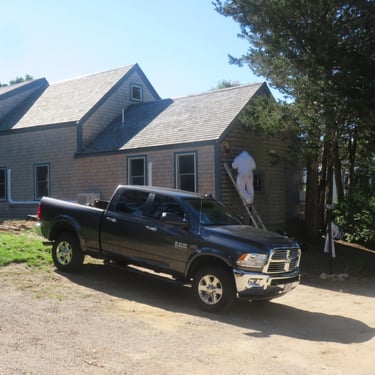
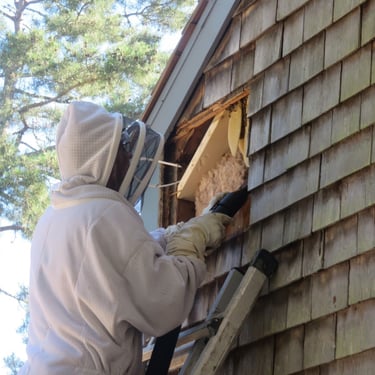
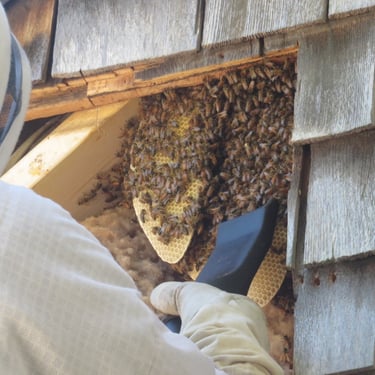
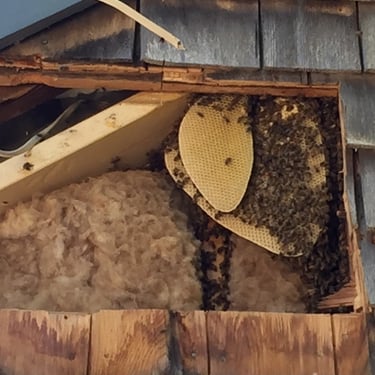
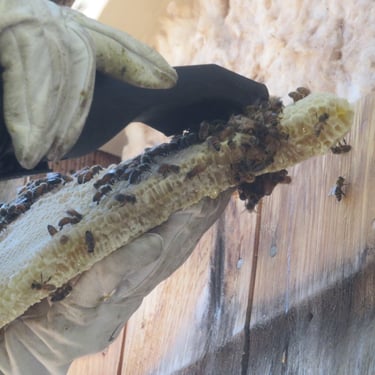
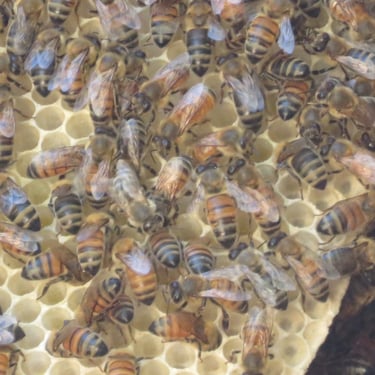
Explore
History in the Making on Cape Cod
Discover
345 Highbank Rd. South Yarmouth, MA
www.HighbankPartners.com © 2025. All rights reserved.
